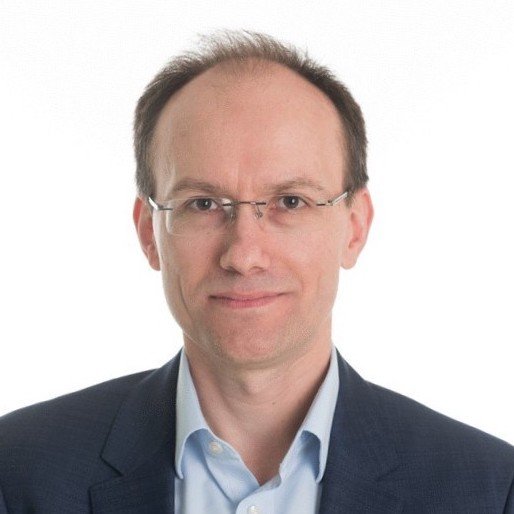
About the European Patent Attorney profession
INTERVIEW
Andreas Gehring
Country: Austria
Company size: 20-50
Experience: 10+ years
Type of work: Private practice
How did you learn about the Patent Attorney profession and what inspired you to become a (European) Patent Attorney?
After my studies, I worked in R&D at a large semiconductor manufacturer in the US. There I found that it’s easier for me to explain new technology than actually create new technology. Also, at that time, I was involved in several invention disclosures and was impressed by how our company’s Patent Attorney turned our scribbles into impressive patent applications. When we moved back to Austria, I was already in my mid-thirties at that time, I decided to start from scratch and join a local firm as a Patent Attorney trainee.
Most people know that Patent Attorneys help clients obtain a patent. However, what other tasks are you responsible for?
I’m also an Austrian Patent Attorney, so I do advise clients also on trademarks and designs. Trademark work does consume a lot of my time, in particular opposition and cancellation actions. Also, since I’m a partner, I also have to do a lot of management and organisational stuff, as well as training attorney candidates, attending international conferences, as well as setting up local education initiatives.
If you had to split your role into science, law, and business, what is the proportion of each?
15% science – 55% law – 30% business
What does the team structure at your workplace look like?
In our firm, we have a few partners, some associates and Patent Attorney trainees, dedicated patent searchers, translators, and some support staff, which is structured into different divisions (patents, trademarks, designs, as well as renewals and validations).
What does your average workday look like?
There is no average workday in this profession. It can be a full day of opposition hearing, with good or frustrating results. It can be a day packed with inventor meetings, being given specimen and descriptions of new inventions. It can be a quiet day doing an extensive patentability or Freedom-to-operate search. It can also be a day struggling with software updates or a broken air conditioner. You never know what awaits you when you work in private practice.
What would a dream workday as a (European) Patent Attorney look like for you?
Discussing invention disclosures with clients, trying together to describe the technology and work out the objective technical differences and advantages over the prior art. And then, having the examiner accept the application at first try. Conducting an opposition hearing where the chair expresses complete agreement and grants all my requests without ado. I know that’s only a dream.
What is the most exciting aspect of being a (European) Patent Attorney for you?
What I find most exciting is the possibility to set up your own practice. Becoming a Patent Attorney is one of the few possibilities for trained engineers to become self-employed.
What are your least favourite tasks?
Any bureaucratic tasks such as correspondence with tax offices. Also, doing patent recordals is not my favourite subject, tbh.
Does your job allow you to have time for your hobbies?
I try to make time, if possible. But as a father of three kids, and being a dog owner, I have to say that I’m quite busy also when I’m not at work.
If you could start your career over, would you change anything?
Definitely not. All experiences have value and I don’t want to miss them.
If the Patent Attorney profession suddenly disappeared tomorrow, what else would you do?
I would probably try to get a teaching position somewhere.
What advice would you give someone that wants to become a European Patent Attorney?
Buy a new bookshelf. You will need it.
What do you think about the future outlook of our profession?
I do believe that we will travel way less than in the past. Also, I believe that formality work such as validations and recordals such as licenses / assignments will reduce over time. However, I am positive that the core of our business, patent searching, drafting, prosecution and litigation, will not change substantially.

